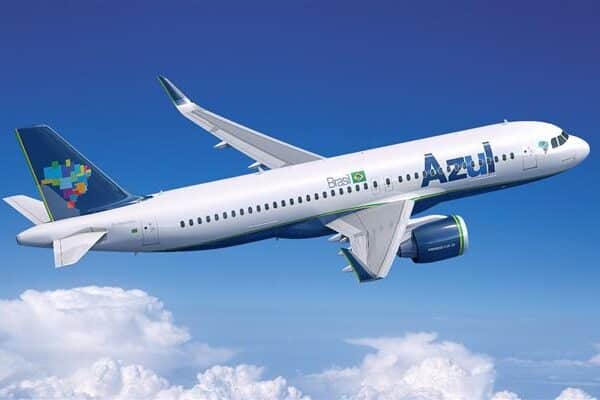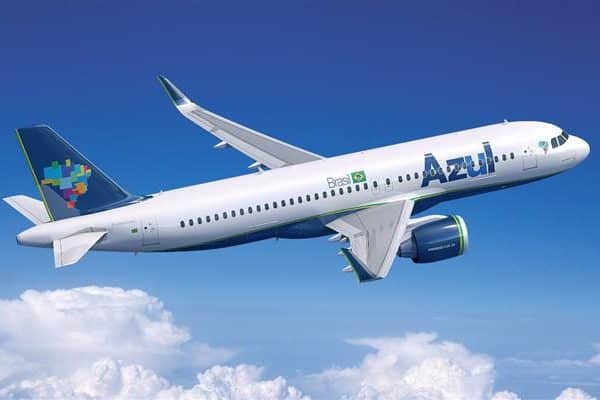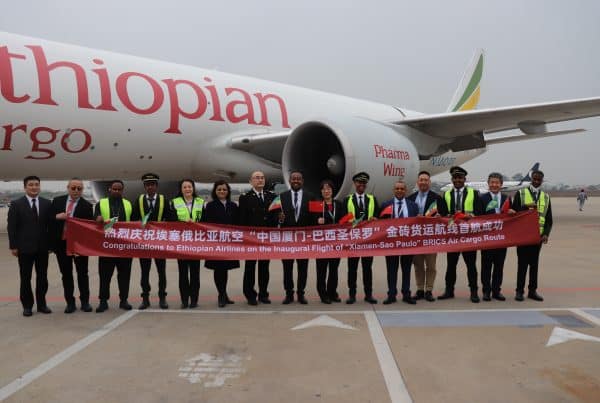The National Civil Aviation Agency concluded, on December 30, the publication of the Domestic Air Tariff Report (3rd quarter / 2019) and the companies’ Financial Statements. Last year, the Brazilian air transport market underwent profound changes, with the departure of a large company from the market, the entry of new companies on routes at Congonhas Airport (SP) and the resumption of demand and supply of air transport to from October 2019.
Pressured by Avianca Brasil’s exit from the sector, which had a 13% market share, the average real domestic air fare (updated by inflation) rose 5.4% in the third quarter of 2019, compared to the same period of 2018, reaching amount of R$ 411.77. The upward pace decelerated significantly compared to the previous quarter, which increased by 32% over the same period of the previous year. In September 2019, the average air fare registered the smallest increase of 1.3% over the same period of 2018.
Considering the period from January to September 2019, 6.9% of the tickets were sold below R$ 100.00 and 47.6% below R$ 300.00. Tickets above R$ 1,500.00 represented 1.2% of the total.
Among the main Brazilian companies in operation, accounting for 99.6% of demand for air transport in the third quarter of 2019, there was an increase in Latam’s real domestic average air fare (+ 19.4%), recording the average real value of R $ 389.26, and Gol (+ 9.8%), with the average real value of R $ 399.04. Azul decreased its tariff by 1.5% between July and September, compared to the same period of 2018, and recorded the average real value of R$ 477.96.




